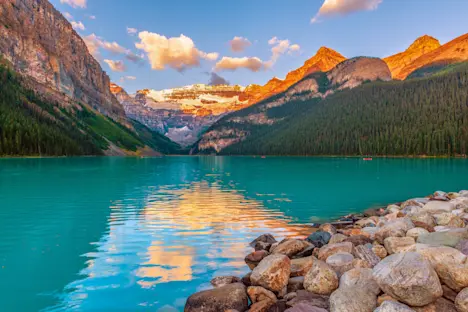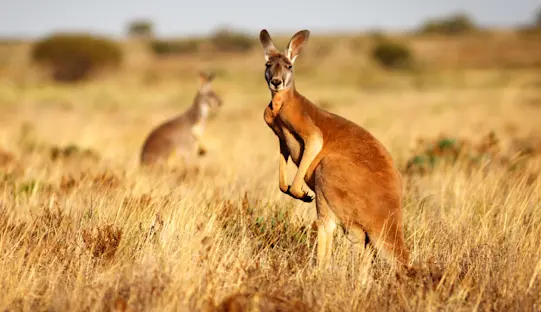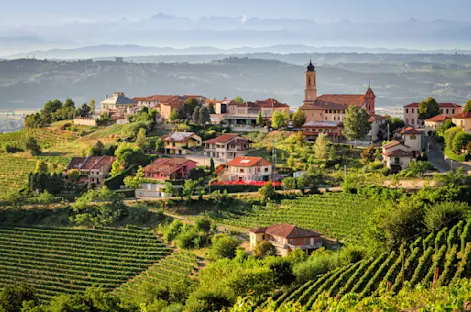
In 2012, Cat Island, Louisiana, was a 5.5-acre refuge for a variety of shorebirds. From the video “The Gulf Oil Spill Disintegrated this Island,” ©National Geographic
The many news reports regarding the consequences of rapid climate change have made us all familiar with the fact that some islands may soon disappear due to rising sea levels. But you may be surprised to learn that an offshore oil spill has already caused the destruction of an island.

After the oil spill, the island’s skeleton disintegrated. From the video “The Gulf Oil Spill Disintegrated this Island,” ©National Geographic
The BP Deepwater Horizon oil spill of 2010 devastated Cat Island, once one of Louisiana’s four largest rookeries for brown pelicans, roseate spoonbills, snowy egrets and a variety of other shorebirds. The oil accumulated in the island’s mangroves, killing the root system that was the framework holding the island together. For the past five years, Cat Island’s sediment has been washing away into the Gulf of Mexico, and migratory birds that have the place imprinted have watched as one of their home grounds disappeared before their eyes. Normally, chicks born on the island would return every year to breed. Unfortunately, when an imprinted site disappears, the birds don’t go out and simply find a new location; instead, they just don’t breed. Thus, generations are being lost.
Today, in 2015, we’re just beginning to learn how much the coastal wetlands in the area of the spill are changing. Ecological damage can happen in subtle and lingering ways that may not be evident for decades after a disaster. Some research suggests that the spill is still harming sea life, causing a mass die-off of bottlenose dolphins and corals, damage to the hearts of baby tuna and injury to killifish DNA.

Today, two lifeless sandbars are all that remain. From the video “The Gulf Oil Spill Disintegrated this Island,” ©National Geographic
Watch the two videos below, produced by National Geographic. In the first, The Gulf Oil Spill Disintegrated this Island, the irreparable damage to Cat Island is depicted. The second video, Relocated Gulf Pelicans “Enjoying” Texas, is a bit more uplifting. Much like relocating Africa’s rhinos to keep them safe from poachers, it appears we sometimes need to shift the birds of our own country to keep them away from the damage we cause and the echoes of an oil spill that will be felt for generations.
Here’s to finding your true places and natural habitats,
Candy






























